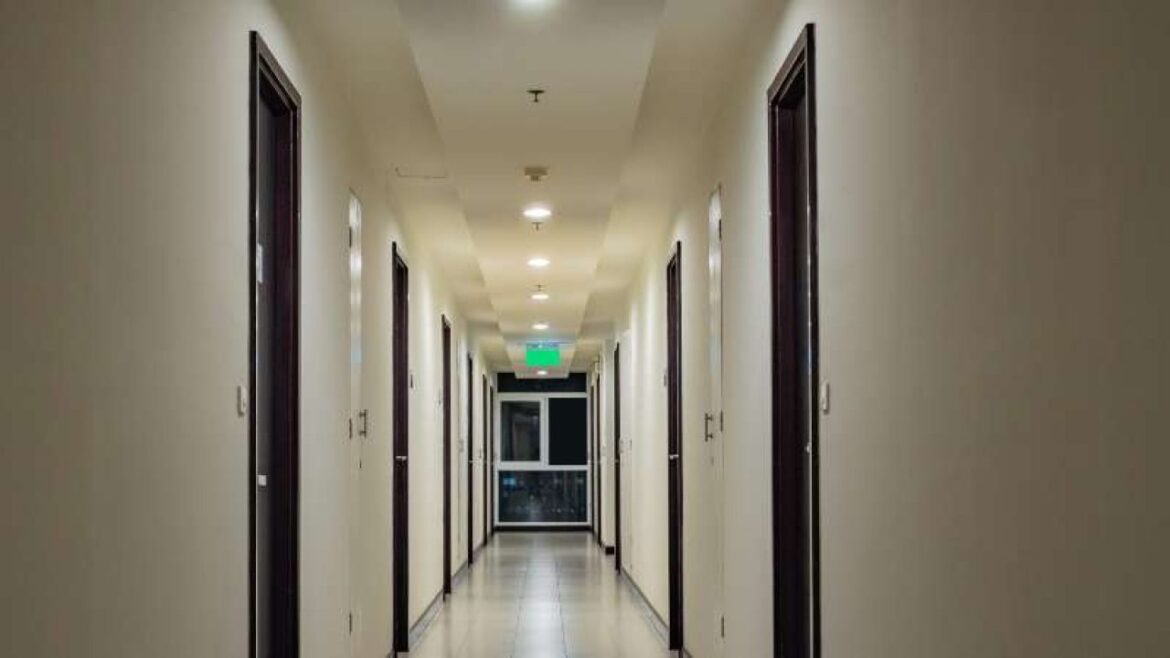Many residents support and respect the government’s intention to promote better living conditions and prevent health and safety risks
As Dubai authorities continue to crack down on illegal room partitions and bed spaces in neighbourhoods across the emirate, residents are urging legal and affordable alternatives — one that keeps people safe but also considers their limited income.
For thousands of workers in the city, shared rooms were never a home or a place of comfort; they were just a place to rest. With rising rents and modest salaries, many found relief in low-cost partitioned rooms or bed spaces. However, with stricter inspections, many have been forced to relocate, often to other emirates, facing long commutes and uncertainty.
Many residents said that they understand and respect the government’s intention to promote better living conditions and prevent health and safety risks. But they also hope there can be a structured way forward.
‘Need affordable option’
Zubair (name changed on request), a 29-year-old logistics executive, recently moved to Sharjah after his shared loft in Al Muraqqabat was cleared. “I used to pay Dh1,200 in Dubai. Now I pay Dh600 in Sharjah and spend over three hours on buses and metro daily. I reach work tired,” he said.
“But I understand why the crackdown is happening,” he added. “Living in cramped places is not good for health. The government is trying to protect us and we appreciate that. We just hope there is a way we can live affordably within the rules.”
Zubair suggested that there should be clearer guidelines on bed spaces, maybe even fixed rental rates in each area. “Let people rent rooms with proper ventilation, size, and safety, but also make sure landlords don’t accommodate 15 people to earn more,” he said.
Anusha, who works at a salon in Karama, said her Dh900 bed space was small but manageable and very close to work. “Now I am temporarily living with a friend. Finding a room that is close to work and within budget is difficult,” she said.
“In the end, this is about safety and health. Authorities are right to take action. But maybe some buildings or zones can be allowed to have shared rooms, with proper approval and inspections.”
She said this would help many people with a salary bracket of Dh2,000 to Dh3,000 a month. “If it’s too expensive, people will go back to overcrowding. If we have clear limits, everyone can live better.”
‘Rules on space, fair rent’
Mohammed Danish, a delivery rider, now stays in Sharjah paying Dh700 for a shared room. He said that the ride to Dubai every day is exhausting. “In Dubai, everything was nearby — work, metro, food. Now, the travel takes up a major time of my day,” he said. “I just want to sleep when I get home.”
He believes there should be a system where the number of people allowed in a space is clearly set, and the rent is based on that.
“Some landlords were charging Dh700 to Dh800 for just a mattress space. That’s not fair. If they can only keep two people in 10 sqm, then the rent should be fixed accordingly. That way, tenants are safe, and landlords are fair.”
Dedicated housing zones
“With the population of Dubai growing so fast, maybe it’s time to think of affordable housing zones for working-class bachelors too,” one reader commented.
“By constructing apartments for bachelors can help avoid the problem of overcrowding in residential buildings,” another resident commented.
What does the law say?
In an earlier interview with Khaleej Times, Mohammed Kawasmi, partner, real estate, at Al Tamimi & Co., explained that Dubai law allows one person per 5.0sqm of space in villas and apartments.
“The minimum space for occupancy, dealt with by Dubai Municipality building code, states that for residential accommodation or shared sleeping purposes, the allocated space per individual is 5.0sqm from the net area,” Kawasmi said.
More than one person within 5.0sqm is considered overcrowding and is a violation of local laws.
While the crackdown continues, many residents hope that with clear laws and fair rent rules, affordable shared accommodation can still exist legally and safely.
“The authorities are not trying to make our lives harder,” Zubair said. “They want to make sure we are not stuck in claustrophobic and airless rooms and that if there’s a fire or emergency, we are not .trapped.”
“But we need a little help, something legal, safe, and affordable.”
Source: Khaleej Times


